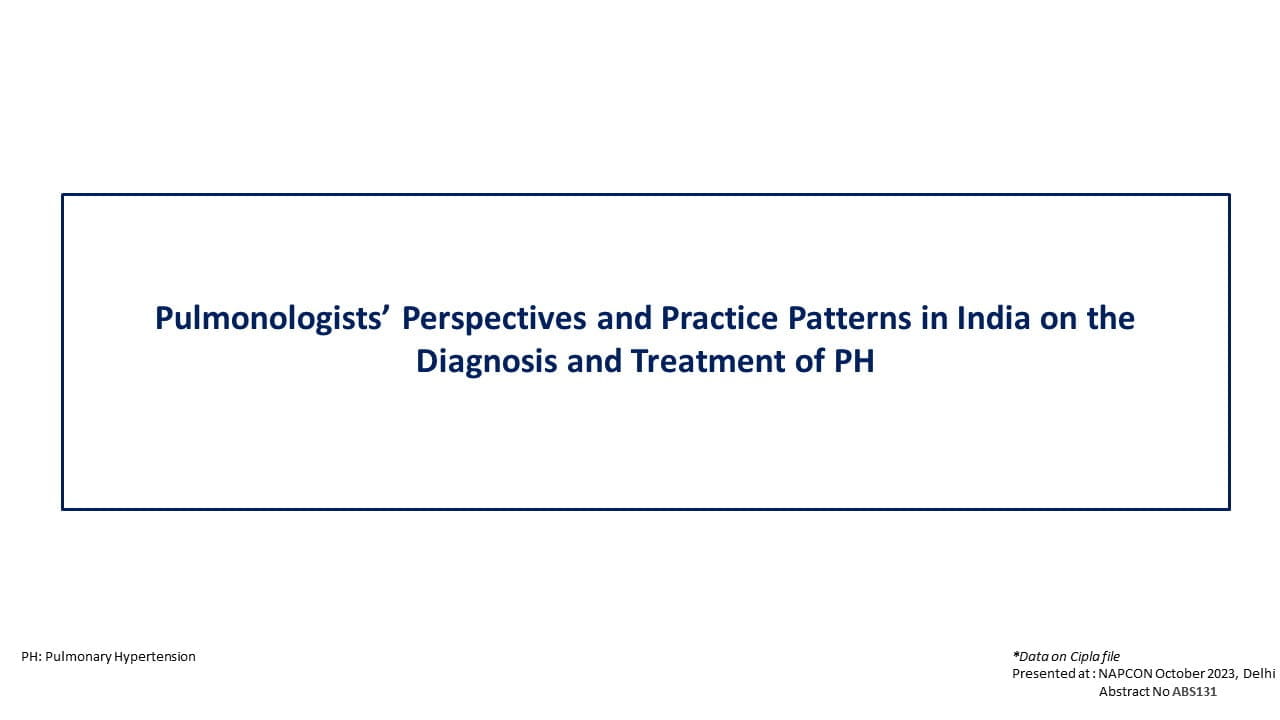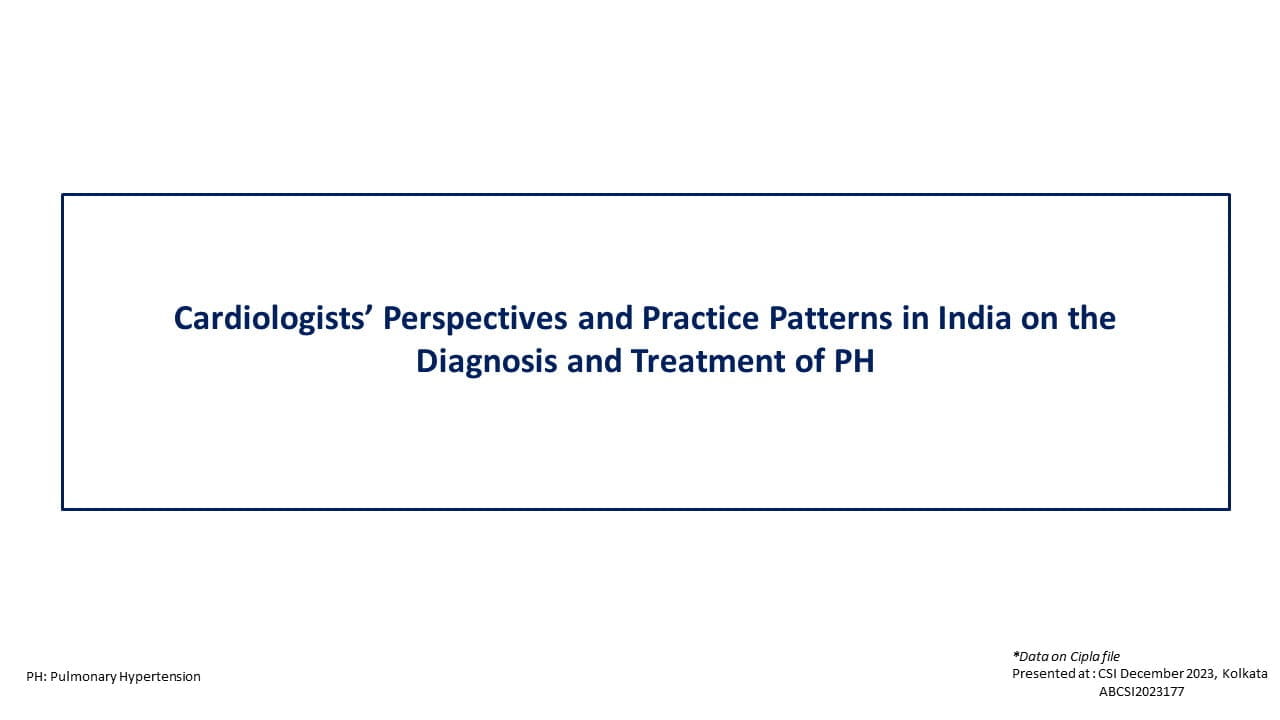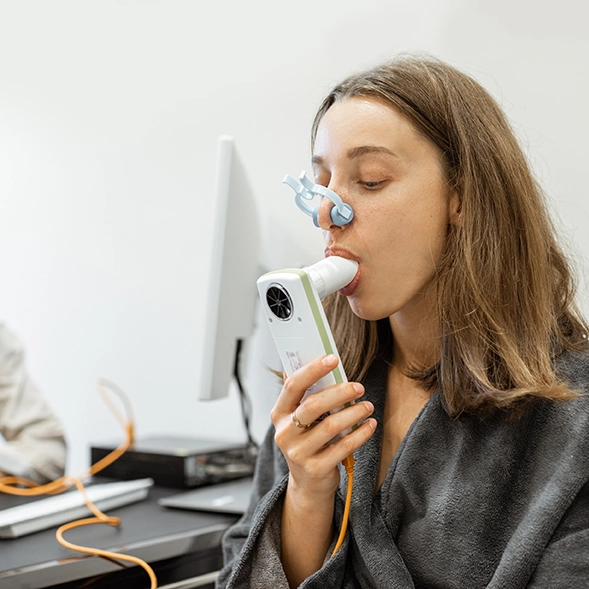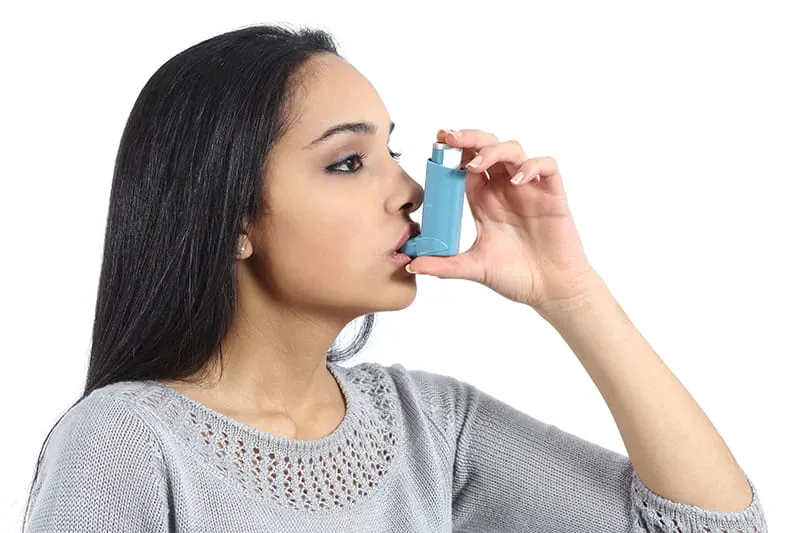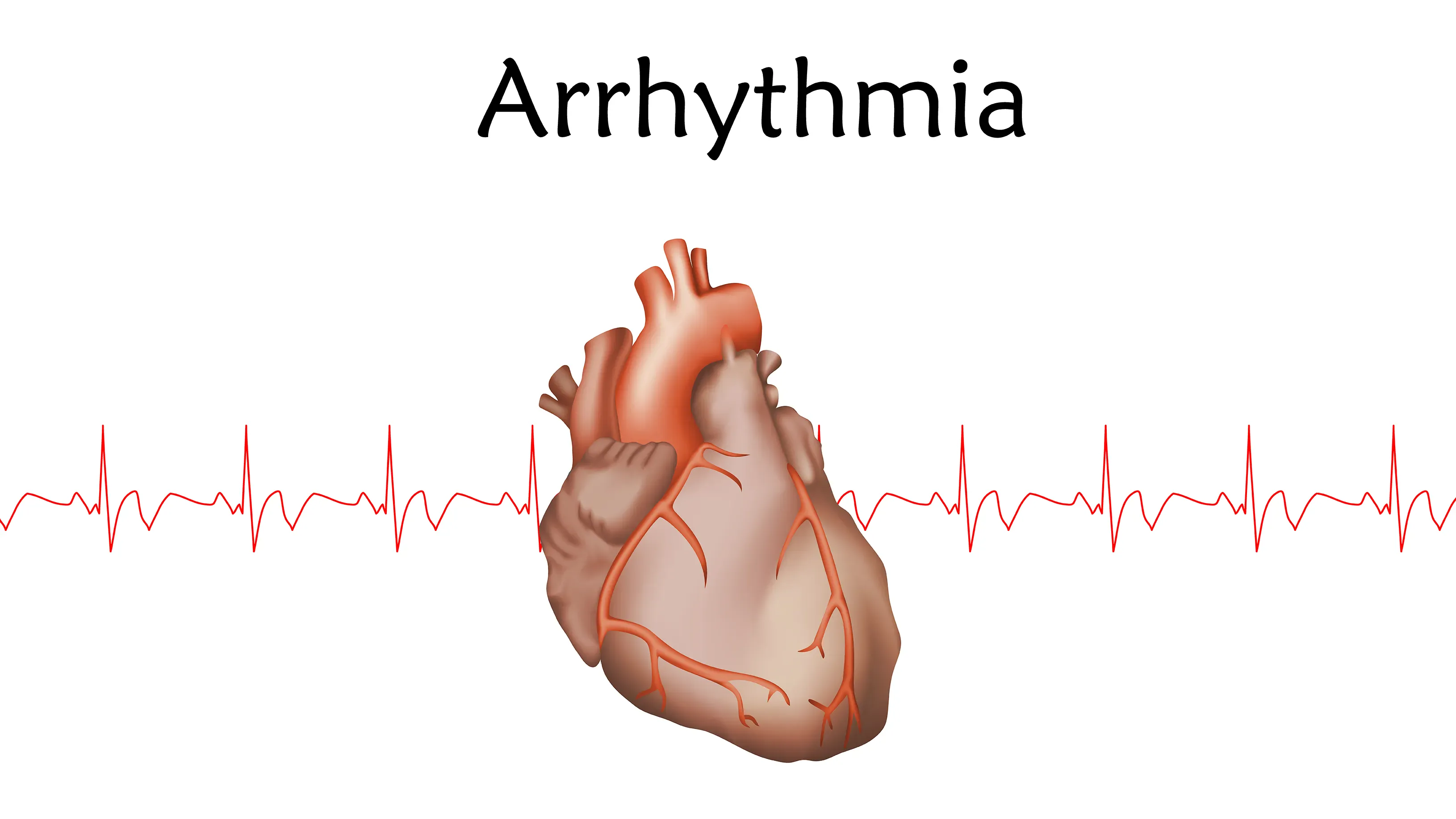Comparison of Azithromycin and Clarithromycin in Pediatric Streptococcal Pharyngitis
Introduction
Streptococcal pharyngitis is one of the most common bacterial infections in children. Macrolides, such as clarithromycin and azithromycin, show marked activity against Streptococcus pyogenes (S. pyogenes), good resistance to beta-lactamase, and produce better compliance as compared to penicillin because of simpler regimens and lower rates of adverse events.
Aim
To compare efficacy of two macrolide antibiotics, azithromycin and clarithromycin in the treatment of pediatric streptococcal pharyngitis.
Patient Profile
- 174 children (aged 4 -13 years) with pharyngitis due to Streptococcus pyogenes infection
Method
Study Design
- Randomized observer-blind study
- Patients received either azithromycin 10 mg/kg orally once daily (maximum 500 mg) for 3 days or clarithromycin 7.5 mg/kg orally twice daily (maximum 500 mg/day) for 10 days
Endpoints
- Clinical cure: complete disappearance of signs and symptoms
- Clinical improvement: incomplete resolution of signs and symptoms
- Clinical failure: no improvement or worsening
- Bacteriological eradication rate of S. pyogenes
Results
Efficacy
- A similar observed cure rate was achieved with clarithromycin (8%) and azithromycin (95.9%) at 10 days after the beginning of treatment (Figure 1)
- Clarithromycin was associated with clinical improvement in 6% as compared to 2.7% patients treated with azithromycin, however the difference was not significant
- No difference was reported in the clinical treatment failure with clarithromycin (n=3) and azithromycin (n=4)
- Bacteriological eradication rate was high and comparable for clarithromycin (95.2%) and azithromycin (94.6%) at days 17-20
- Both, clarithromycin and azithromycin had similar resolution rates of signs and symptoms
- Upon including children who did not complete treatment (n=24) in the analysis, azithromycin exhibited higher overall eradication rate as compared to clarithromycin (93.6% vs. 82.9%; P<0.05); this difference was attributed to higher azithromycin compliance
Figure 1: Clinical response of azithromycin and clarithromycin on pediatric pharyngitis
Safety
- Clarithromycin and azithromycin, both treatments were well tolerated
- Adverse events observed were all gastrointestinal effects (abdominal pain, vomiting and diarrhoea)
Conclusion
Clarithromycin and azithromycin, both were effective in the treatment of streptococcal pharyngitis in children, showing a high percentage of clinical cure and eradication of S. pyogenes.
J International Medical Res. 1998; 26: 152-158



